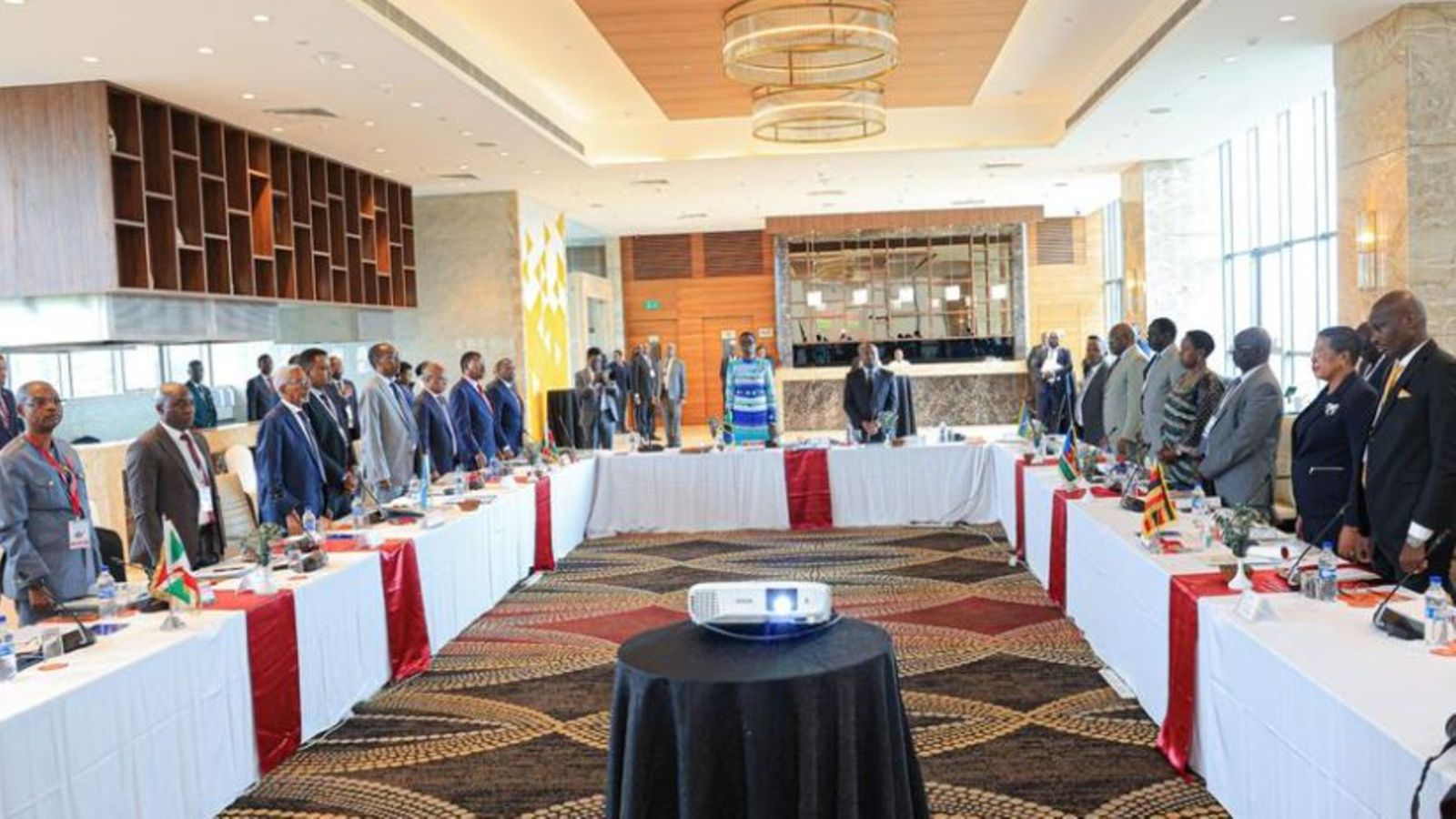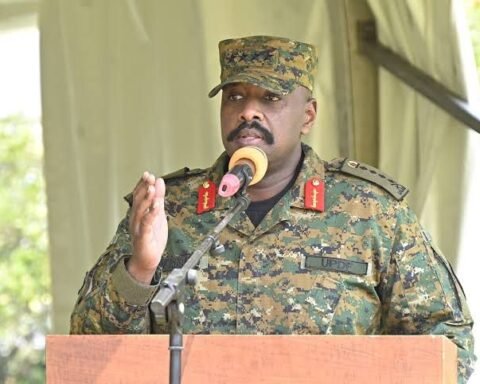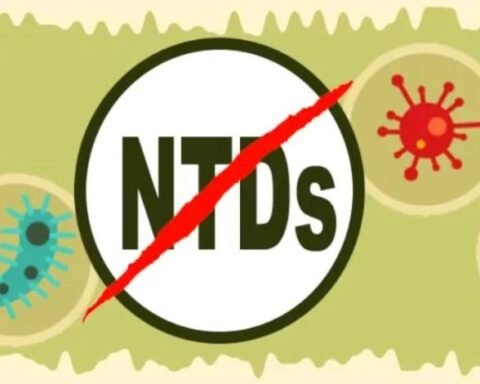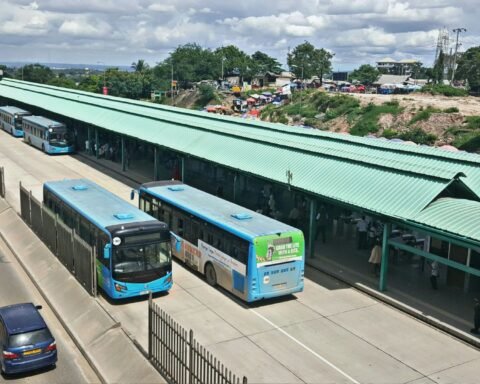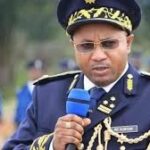At the recent 18th Bureau of East African Community (EAC) Speakers’ meeting held in Nairobi, a discussion on language usage took center stage, underscoring the complex linguistic diversity within the bloc.
The debate involved leaders from East African member states deliberating over which languages should be recognized for official communication, as English, Kiswahili, and French hold varying significance across the region.
The meeting highlighted the need for inclusivity in the EAC’s linguistic policies, particularly in light of varying fluency levels among delegates. Burundi’s Second Deputy President of the National Assembly, Abel Gashatis, notably requested to deliver his speech in French, citing limited proficiency in English. This request prompted Tanzania’s Speaker, Tulia Ackson, to advocate for greater inclusion of Kiswahili, emphasizing its role as a lingua franca and a unifying language within East Africa.
The Treaty establishing the EAC designates English as the official language, with Kiswahili acknowledged as a secondary lingua franca. However, a 2021 amendment added French to this list, recognizing the language’s relevance to member states like Burundi and the Democratic Republic of Congo, where French serves as a primary mode of communication in government and public affairs.
Read More; Tanzania Unveils Climate-Resilient Projects at COP29 Summit
Kenya’s National Assembly Speaker, Moses Wetang’ula, who chaired the meeting, allowed Gashatis to proceed with his speech in French, with Burundi’s Senate Speaker Emmanuel Sinzohagera providing translation. This gesture was seen as a positive step towards fostering inclusivity, but also underscored the logistical challenges of managing multiple languages in official forums.
The inclusion of multiple languages could enhance the accessibility and engagement of member states, ensuring that language does not hinder East Africa’s path to unified regional development.

